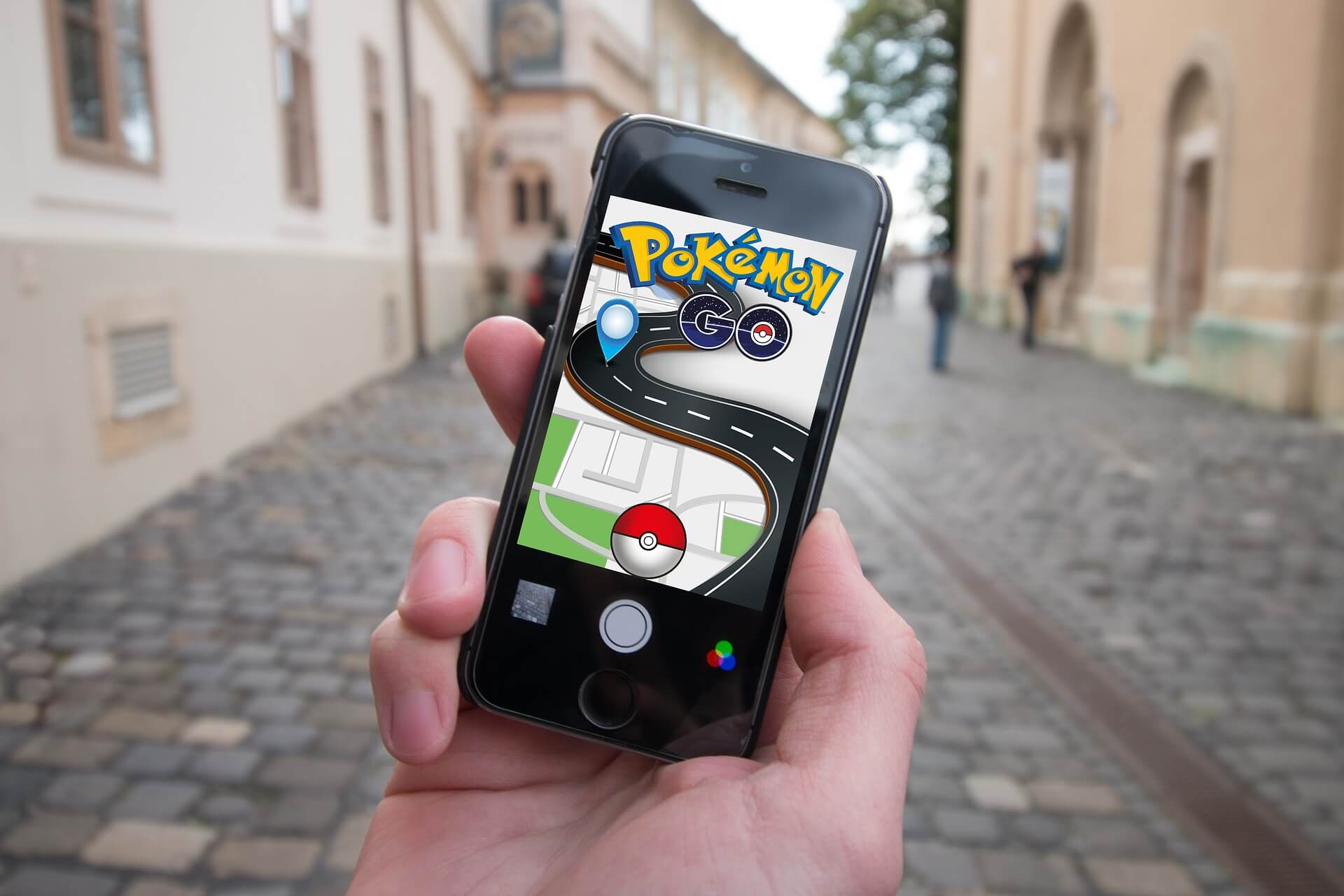
App of Luxury: Could Mobile Gaming Be Considered More Deluxe Than Desktop?
Take a look around you, wherever you are, and you’ll see people with their phones in their hands. They’re not just tools for calls, but links to exclusive networking and caches of content depicting exotic locations and deluxe ways of life. The mobile proliferation happened almost overnight and now many people can’t imagine living without their smartphones. But, how has the convenience of our smartphones affected the gaming industry – is it a new status symbol to game exclusively on our phones?
As you can see from the casino section of this aggregate review site, whether there is a mobile version of the game is a key factor in how users have evaluated the site. To see an industry that was once thought of as desktop-based shift their focus towards mobile gaming, it is clear that our mobile use will be even more significant in the future. Casinos are often considered an epitome of luxury, so a mobile version would allow this to be more accessible. Online casino might be beginning to prioritise mobile play a lot more, but does it represent the rest of the gaming industry?
Some statistics for 2020 indicate that while PC gaming will account for 23% of the industry, and console gaming for 31%, mobile gaming will account for 46% of the industry. Reports also suggest that mobile gaming will rise by 12% in revenue and bring in $76.7 bn by the end of 2020. Marketers and those responsible for our digital engagement will be looking towards these figures as to where to direct ad spending and investment. With so much money being put into ads on mobile gaming, then we can see it siphon some of the investment away from traditional gaming – changing the traditional lifestyle profile of those who game on mobile.
One of the main pulls of gaming on our smartphones is that it requires little commitment. We simply download an app or load a browser and are playing the game. Of course, the more high-end the phone, the better the processing power for gaming and the better graphics. But, there are no console purchases, and few in-app purchases for those testing the water for gaming. That’s how games like Pokémon Go ended up being so successful – people who weren’t even the target audience for Pokémon ended up sucked into the AR game that is still heavily engaged with.

But, will we ever ditch the desktop? Smartphones represent a jetsetting lifestyle on the go, while desktop users are seen as more sedentary. While smartphones and tablets are useful, there are some things that simply can only be done on desktop. For instance, video editing and design software works best on a desktop, as is longer campaign gaming and PC gaming. Those who have specially developed gaming PCs would be unlikely to trade them in for a smartphone that offers gaming as part of a multi-faceted offering, and not as something it is specifically designed for.
It’s fair to say that our mobile use will undoubtedly continue to rise. Just looking at the ways in which our mobiles can be used to revolutionise our lives makes that clear – from language translation to mindfulness. But mobile gaming could account for as much as 90% of the market share, yet consoles and PC will always have their diehard fans. Mobile gamers might be seen as more fair-weather, while some of those who game on console and PC have the loyalty of years of gaming engagement.
Gaming acts as a good barometer for what is popular in the digital world. So, the fact that gaming on smartphones has grown in popularity and continues to be a strong sector sheds insight into how important our smartphones are. This helps other aspects of entertainment – from reading to watching to listening – follow suit and become more mobile-friendly.



















